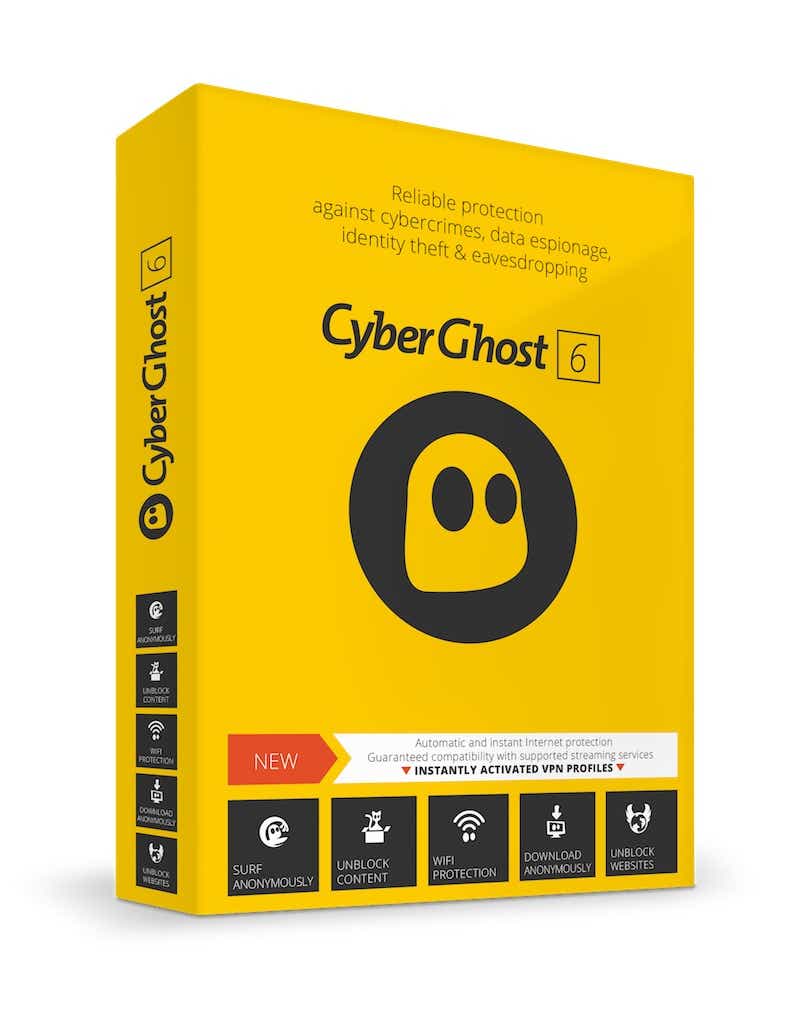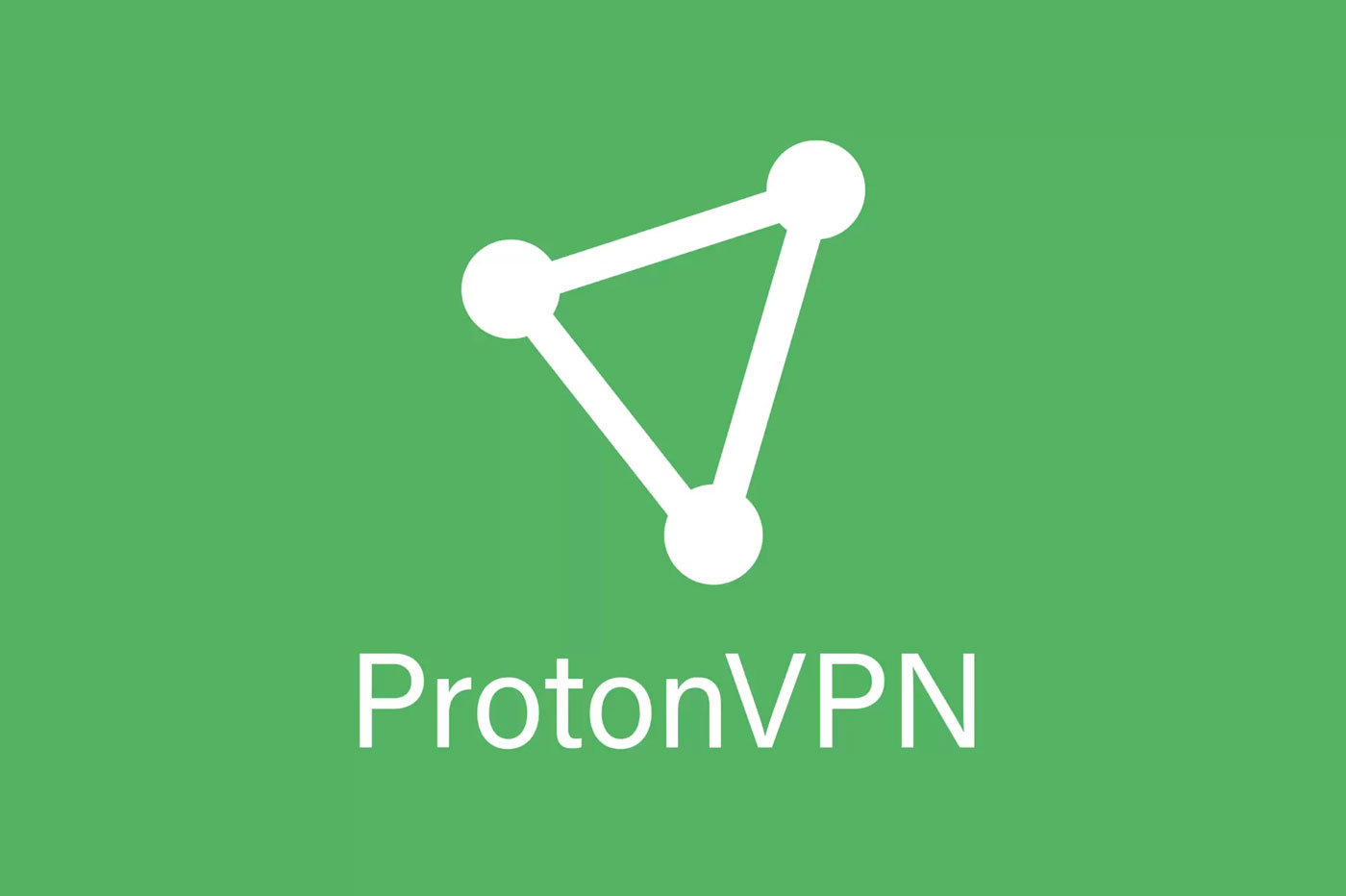
Virtual private networks (VPNs) are one of the most effective ways to stay safe while online. They allow you to stay anonymous and get past region blocks on certain websites. However, VPNs usually cost money and you don’t always want to add an extra monthly expense to an already tight budget. That’s where free VPNs come in. They can provide you with a similar level of security for virtually—pun intended—nothing. But not all free VPNs are built the same. Oftentimes, when things sound too good to be true, they usually are.
With many free VPNs you’ll encounter unexpected restrictions such as speeds, a bandwidth cap, or a limit to the countries you can access. Essentially, you get what you pay for. While we advise that you opt for a premium VPN, such as those in our roundup of the best VPNs, we understand that sometimes you just need quick and easy basic protection without having to pay for yet another service. Therefore we’ve curated a list of the best free VPNs you can find. Following our recommendations you can read about what to look for in a free VPN and how we test.
Updated 07/8/2023: Check out our latest review of Surfshark VPN. With a two year subscription, you could get this excellent premium VPN for just over two dollars a month. It has unlimited device connections, works well with streaming services, and comes with great extras.
Windscribe – Best free VPN

Pros
Simple setup
Good performance
Great free plan
Cons
Tricky security track record with 2021 server incident
Slow loading of browser extension
The Windscribe VPN service seems to get better and better each time we review a new version. It not only has an excellent Pro version that is reasonably priced, but it has a stand-out free service as well. What makes Windscribe’s free service really stand out is all the perks. You get a maximum 10GB of bandwidth per month and no device limits. To get that bandwidth you need a confirmed email address. If not, you’re stuck at 2GB per month.
The free service offers 10 regional connections including the U.S., Canada, UK, France, Germany, Hong Kong, Netherlands, Switzerland, Norway, and Romania. It also has a ton of privacy features such as blockers for site notifications and “we use cookies” banners, WebRTC leak protection, location spoofing, user agent rotation, and more.
The service is also extremely easy to use with a simple setup and solid performance for a free VPN. We not only recommend the Windscribe free service on its own, but also as an easy way to get to know the service before committing to a paid tier with premium features.
Read our full
Windscribe Pro review
CyberGhost VPN – Best free VPN browser extension

Pros
Easy-to-use interface
Independently verified no-log policy
Seriously impressive server spread
Cons
Lacks some common features such as multi-hop and double VPN
Server speeds are hit-or-miss, especially in Asia
CyberGhost VPN provides an excellent VPN with plenty of servers optimized for different tasks such as gaming, streaming, and torrenting. While the premium service, with access to all of its 9,000-plus servers and additional security features, is a paid option, CyberGhost also has a great browser extension that it offers for free. If you have either Chrome or Firefox you can download the extension without having to pay anything and enjoy access to a limited number of the VPN servers for free—currently sitting at eight servers in four countries.
Additionally, you are able to connect and use these VPN servers without having to worry about bandwidth limits or data capping. Unfortunately, in our tests we found that the servers we used in the browser extension were not able to successfully unblock streaming servers. However, if you start using the free browser extension and decide you like CyberGhost, you can always opt for a premium membership, which can be as low as three dollars a month for a long-term plan.
Read our full
CyberGhost review
ProtonVPN – Best free VPN for speed

Pros
Fantastic speeds
Easy-to-use multi-hop feature
Supports TOR over VPN connections
If you’re looking for speed and excellent privacy in a free VPN then ProtonVPN is an excellent choice. There are some big limitations with this service, but thankfully no limitations on speeds.
Instead, ProtonVPN limits you to one device connection at a time, and you only get three countries to choose from including the U.S., the Netherlands, and Japan. Still, that’s a good deal, making this a very useful free VPN.
ProtonVPN is the second-fastest VPN in our tests making this the one you want if speed is important to you.
Read our full
ProtonVPN review
Hide.me – Best for speed runner-up
![]()
Pros
Good download speeds
Easy-to-use Windows app
No-logs promise
Cons
Speeds were inconsistent in our tests
Expensive paid-tier subscription
It’s close to two years since we last reviewed this VPN, but even so, its speeds are within the top 20. That makes it plenty speedy for the typical use cases for a free VPN. When you use Hide.me free you are limited to 10GB per month and one device at a time, as well as five region choices including Canada, Germany, the Netherlands, U.S. East and U.S. West.
Read our full
Hide.me review
TunnelBear – Best free VPN for get-in, get-out chores
![]()
Pros
Easy-to-use interface
Good speeds
Good Wi-Fi security detection
Cons
Logging of generic data
We’ve always really liked TunnelBear. It’s simple to use, affordable, and the speeds are fine. In our speed tests, TunnelBear was outside the top 20, but its speeds were still good last we looked, with an average global speed of 30.6 megabytes per second.
That’s more than enough for what this free VPN would be suited for, since you get a maximum of 500MB per month. The idea is to provide a trial for testing out the service before making a bigger commitment.
Nevertheless, it’s enough for quick hits when you’re on the road for checking email, or some basic web browsing. Plus, TunnelBear keeps track of your bandwidth usage so you can see when you’re getting too close to the limit.
Read our full
TunnelBear review
What to look for in a free VPN
Choosing a free VPN is a question of weighing the trade-offs with each service. Do you want unlimited bandwidth, but a restriction on devices? Or is it preferable to have more devices but deal with a bandwidth limit?
One thing you definitely want to avoid is a VPN that is ad supported. Ads expose you to tracking by the company delivering ads, which is probably something you don’t want. You also want to stay away from any deal that suggests you can get a VPN by “sharing” your bandwidth like we saw with the Hola VPN scandal back in 2015. You also want to watch out for any VPNs you’ve never heard of, or that haven’t been reviewed much by third parties.
After that, you want to consider the usual issues such as the privacy policy, Netflix support, operating system support, and the countries that you’re looking for.
How we test VPNs
All VPNs are tested on a Windows machine with an Ethernet connection. Our approach is not to show you actual speeds, since those can vary based on any number of factors like your ISP, time of day, device quality, and so on. Instead, we show the average bandwidth loss as a percentage since there’s always going to be bandwidth loss with VPNs.
Each VPN is tested over three days. On each testing day, we first take the base speed with no VPN active. Then we test the speeds in five different countries three times each. Once all the testing is done we create a global average and compare that to the average base speed, and then express the drop in bandwidth as a percentage for the reasons we mentioned above.
Free VPNs aren’t a top recommendation, but if you’re going to go that way we’d strongly suggest the five VPNs mentioned here.
If you’re interested in using a VPN for a specific purpose, check out some of our other best VPN roundups to learn more:
Best VPN for Amazon Fire Stick
Best free VPN for Chrome
Best free VPN for Windows
Best VPN for streaming Netflix
FAQ
1.
What is a VPN?
A VPN, or Virtual private network, is a way to encrypt your internet traffic and disguise your identity while browsing the internet. Through a VPN provider, you connect to their anonymized server with end-to-end encryption which redirects all of your traffic through that intermediary server thereby looking to outside viewers as if your location is that server itself.
Additionally, VPNs allow you to connect to servers all across the world. So if you are looking to access location restricted content, such as streaming services, you can gain access via connecting to the appropriate country’s server.
2.
How does a VPN work?
A VPN hides your IP address by redirecting it through a intermediary server hosted by the VPN provider. To anyone watching, the VPN server then becomes the source of your traffic instead of your own IP address. These remote servers can not only be in your own country, but they can also be located in different countries around the world. All of your network traffic from your computer to the VPN is sent over a secure and encrypted connection.
While browsing the internet and connected to a VPN, the VPN acts as a middleman between your computer and a website. Your computer sends a request to the VPN which then passes it on to a website. The website in return sends its response back to the VPN which forwards it through the secure connection back to your computer. All of the traffic rerouted through the VPN appears as if it is coming through their server rather than your own computer. This keeps your ISP and other third parties from potentially snooping on your internet activity.
3.
Are VPNs legal to use?
Absolutely! In most countries, including the United States, it is perfectly legal to use a VPN. You might notice that some websites try to block VPN connections, but they are still okay to use. Please note, while using a VPN is legal, some of the activities done while using a VPN might be illegal. Activities such as downloading pirated copyrighted content or accessing dark web markets are both illegal with and without a VPN.
>>> Read full article>>>
Copyright for syndicated content belongs to the linked Source : PCWorld – https://www.pcworld.com/article/629037/best-free-vpn.html










